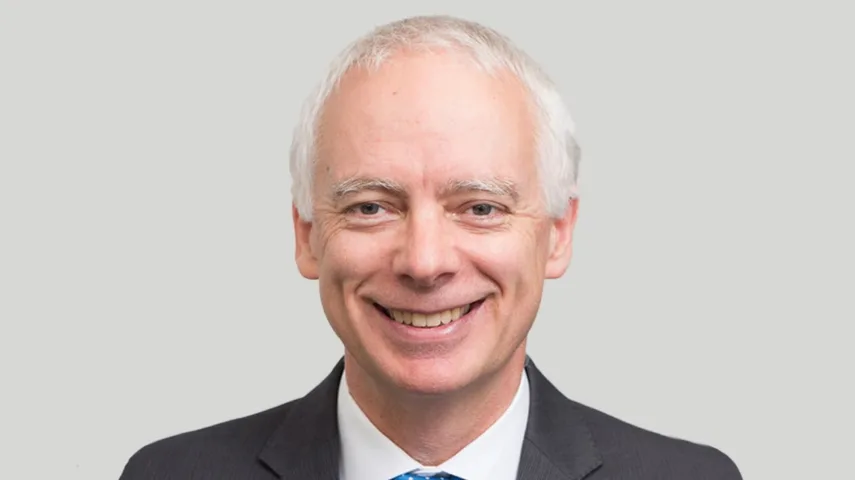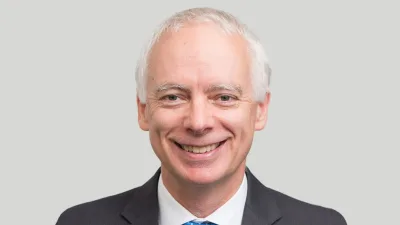The profession's fear of future ‘black swan’ event impacting CSLR funding



Advisers “live in fear of the next black swan event”, according to Phil Anderson, as they anticipate the start of the Compensation Scheme of Last Resort (CSLR) levies.
From 1 July 2024, the CSLR will be funded by the industry rather than the government, and Anderson, who is the general manager for policy and advocacy at the Financial Advice Association of Australia (FAAA), expects it will be several hundreds of dollars a year per adviser.
The fall out from Dixon Advisory, where AFCA has received over 1,800 complaints, is a black swan event for financial advice but will have ramifications on levy costs, Anderson said.
Complaints that have been made before 8 September 2022 will be paid for by the 10 largest financial organisations in Australia – excluding financial advisers – which will cover around $230 million. However, AFCA previously stated that if all Dixon complaints are finalised and paid out, they will total the far larger sum of $357 million.
Those complaints made on or after 8 September 2022 and are still not finalised by 30 June 2024 will then be paid for by the financial advice profession.
“We don’t have precise numbers on this but we have reason to be concerned that we could see another material amount charged to the advice industry profession. We certainly want to see AFCA finish these matters as soon as possible,” Anderson said.
George John, senior manager for government relations and policy at FAAA, admitted there is nothing that can be done to stop AFCA from processing payments slowly before 1 July 2024.
“There is nothing that can be done. We are trying to raise this with government to be able to say that isn’t a sustainable or acceptable outcome, it shouldn’t be in the hands of bureaucrats as to who is paid by which.”
Asked how the profession will prevent licensees from using CSLR in the future as a way to avoid payments, Anderson admitted this is a concern but he’s hopeful that controls will kick in.
“There is a cap on any individual sector paying more than $20 million unless the minister approves it to go over, and there is an overall cap of $250 million.
“We haven’t seen anything else like Dixon Advisory in our history of EDR [external dispute resolution] schemes, and I hope we don’t again. But if we do, then those are the controls in the regime that will kick in. The minister can opt not to pass it on or can opt for a broader base of contributors to help with the costs.
“But there are no absolute controls, and we live in fear of another black swan event.”
Recommended for you
Financial advisers will have to pay around $10.4 million of the impending $47.3 million CSLR special levy but Treasury has expanded the remit to also include super fund trustees and other retail-facing sub-sectors.
Recommendations by the FSC around implementing a practicing certificate framework for advisers would be burdensome and add little value for AFSLs, according to SIAA.
The RBA has made its latest interest rate decision at the the final monetary policy meeting of 2025.
AZ NGA has acquired Sydney-based advice and wealth management firm Financial Decisions, allowing its CEO to step back and focus on providing advice.












